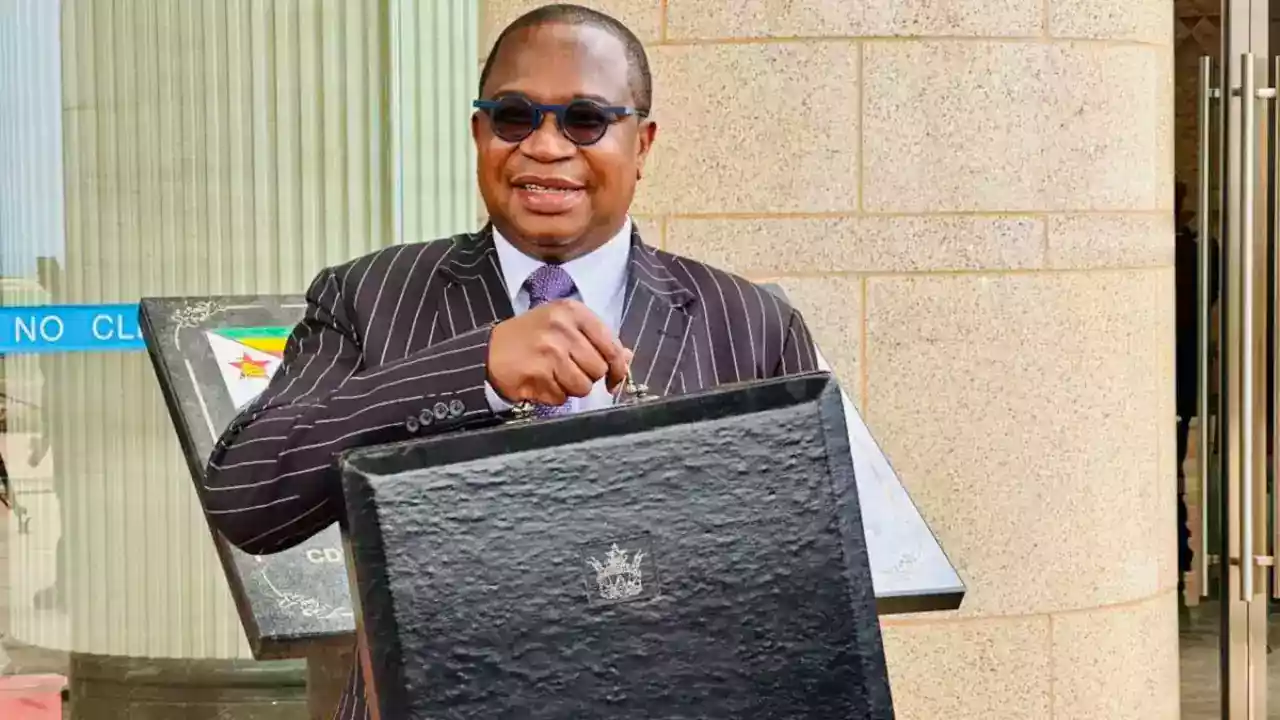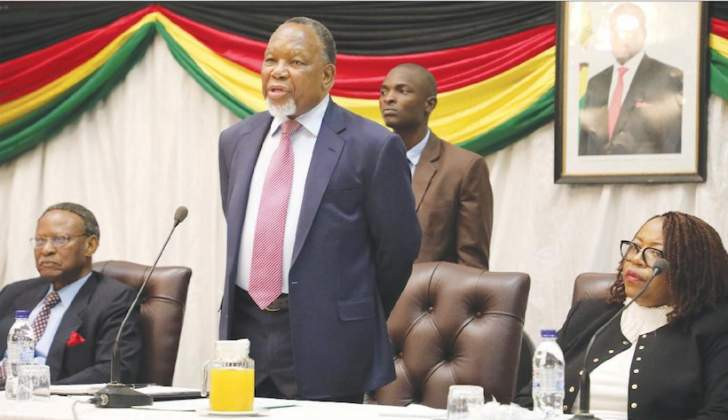
TODAY, Finance, Economic Development and Investment Promotion minister Mthuli Ncube will announce the much-awaited 2025 national budget, with high expectations that he will increase allocation to certain sensitive portfolios such as health and social welfare.
The budget statement will help to inform citizens about government’s policy priorities, which include domestic revenue mobilisation, public sector borrowing, social spending and tax relief measures.
In the past, Treasury has failed to adequately fund line ministries, which have attributed their failure to perform to underfunding.
A 2025 pre-budget seminar held in Bulawayo early this month revealed that education, health, water and sanitation and energy were grossly underfunded, hence the majority of the population is struggling and living in poverty.
In a bid to save the little that is left of the budgetary allocations, the Finance, Economic Development and Investment Promotion ministry has directed that all ministries, departments and agencies stop foreign travel, cut back on fuel allocations by 50% and not make any new procurement of goods and services in November and December this year.
This because the budget was severely affected by the devaluation of the local currency by 43% in September against the United States dollar, backdated civil service salary increments and the dwindling revenue collections by the Zimbabwe Revenue Authority.
The year 2024 has been a tough one, worse for the workers who bore the brunt of a collapsing currency, inflation, low salaries and subdued business activity.
The Zimbabwe Gold (ZiG), a currency introduced in April this year to tame currency volatility, has failed to hold its own, losing grip in September when the government devalued it to US$1:ZiG24,39 from 1:13,99.
- Japan brings cheer to Gokwe
- Commodity price boom buoys GB
- 9 000 farmer field schools on cards
- Biti’s applications for referral to Concourt continues
Keep Reading
Critical portfolios were underfunded in the last financial year, such as the Health and Child Care ministry (44,33%); the Public Service and Social Welfare ministry (19,68%); the Environment and Climate (49%).
Also underfunded was the Zimbabwe Anti-Corruption Commission (7,7%) despite the rising corruption cases in the public and private sectors, especially among the elite and the National Prosecuting Authority of Zimbabwe (38,6%).
The underfunding of primary healthcare has given rise to outbreaks of diseases like cholera in urban areas.
It has also resulted in the failure to offer basic services to ill persons at primary health centres, low nurse to patient ratio and doctor to patient ratio in public hospitals as well as exodus of healthcare workers leaving the country for greener pastures, the Zimbabwe Coalition on Debt and Development believes.
With the debilitating effects of the El Niño-induced drought that has seen more than three million people in the country on the edge of starvation, adequate funding of the Public Service and Social Welfare ministry would have seen it having capacity to provide social safety nets to the poor and vulnerable groups as well as fees for needy children under the Basic Education Assistance Module.
It would also have increased the number of recipients of cash transfers to vulnerable households.
We share the view of legal think-tank Veritas that government has to cut back on wasteful expenditure; has to restructure its wage bill, especially at Executive level and at parastatals; the Zimbabwe Revenue Authority has to be more aggressive in tax collection; that corruption should be fought with everything at the State’s disposal; that there is need for sovereign debt restructuring and that the government has to start living within its means and stop overgenerous handouts to top officials at the expense of the taxpaying public.
It will be a tough call for Ncube, but he has to make the right decisions and fund critical portfolios, lest we will be doomed.











